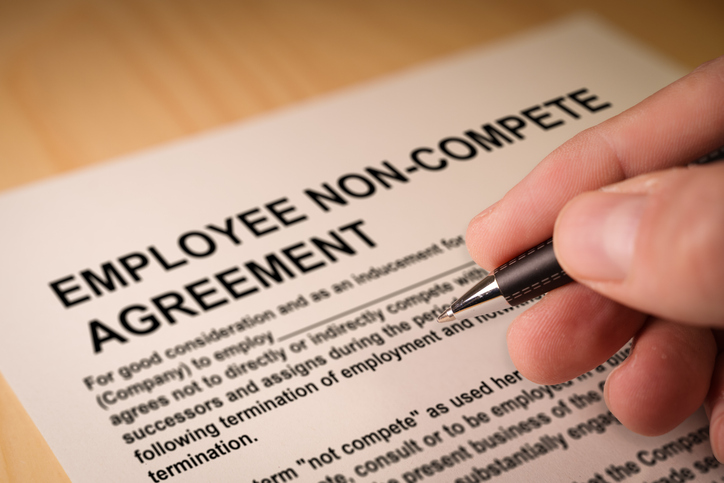Legal Implications of Throwing Office Holiday Parties
The office holiday party: just the phrase alone can conjure up nightmarish (and possibly amusing) stories of colleagues who let just a little too loose for their own good and left an impression on their coworkers for years to come. While end-of-the-year holiday parties can be a great way to show your appreciation for your employees’ hard work and dedication, they can also be a legal headache for employers. In advance of planning your annual get-together, there are just a few things to remember to ensure that your holiday cheer doesn’t land you on the naughty list.
Alcohol
The most common factor that can cause a cornucopia of issues with employers is alcohol served at the holiday party. While it is perfectly acceptable and understandable to want to allow employees a chance to celebrate with a drink, alcohol can also serve to lower inhibitions and lead employees to say and do things they normally would never consider in the workplace. Reports of sexual harassment at holiday parties often go hand in hand with having too much to drink. For employers that wish to offer libations at their holiday party, there are several things to consider.
One common approach is to provide limited drink tickets to employees instead of an open bar. This will slow the employee’s alcohol intake and encourage less consumption overall. Another consideration is inviting spouses and significant others to the party. This increases the likelihood that the employee will have a designated driver who can bring them home and also decreases the likelihood of misbehavior, especially sexually, between employees. After all, Santa’s watchful eye isn’t the only supervision that can keep the wary partygoer out of the trouble.
Employers can also open themselves to liability if an employee leaves a holiday party intoxicated and decides to drive. An employer can mitigate their potential liability in this respect by hosting the party off site with a third party, who has the authority to stop serving employees that have had one to many eggnogs. Having all drinks served by a trained waitstaff and not by anyone associated with the company can help monitor for overconsumption and protect employers from potential liability. Employers can also make their employees aware of ridesharing alternatives, offer reimbursement for employees who make use of services like Uber or Lyft, or even offer shuttle services of their own.
Themes
It can be tempting to designate your holiday party as a certain “theme” for employees to dress and decorate accordingly. As cheery as that may seem, it does serve as a potential minefield of discrimination and harassment claims. The best practice for this is to keep your holiday party just that: generic holiday. December is a time when many major religions celebrate important holidays.
While you probably won’t need to worry over a stray “Merry Christmas” or “Happy Hanukkah” between employees, keeping your party generically themed and avoiding decorating with any religious symbols can go a long way towards inclusivity for employees that may celebrate a different religious holiday, or no holiday at all. The display of some religious decorations to the exclusion of others may be considered evidence in future claims of religious discrimination or failure to accommodate one’s religion. Snowflakes, lights, and greenery are good. Creches, menorahs, and other religious items are asking for trouble.
Make it optional
Employees should have the freedom to decline to attend the holiday party. There are several practical considerations for this. First, if an employee is required to attend the party and ends up causing an accident on their way home, that increases the likelihood that the employee was “in the scope of their employment” when the accident occurred, which could result in liability for the employer to any injured third parties and the possibility of a workers’ compensation claim if the employee is injured.
Additionally, there are potential wage and hour/overtime pay ramifications if an employee is required to attend. The less the employer feels like they have to be there, the less likely they are to be in the scope of their employment.
Conclusion
In the end, there are a few small steps that you can take to make sure your holiday party is a fun, inclusive environment without coming across as a Scrooge this winter. The most important thing you can do is to take proactive steps to try and avoid any problems before they arise. In the event that your holiday party goes the way of the Griswolds, you should be proactive in addressing any issues that arise to ensure that they can be dealt with in a timely and fair manner.




